Kremlin responds to Tucker Carlson’s allegation of US plot to kill Putin
- Update Time : Thursday, January 30, 2025
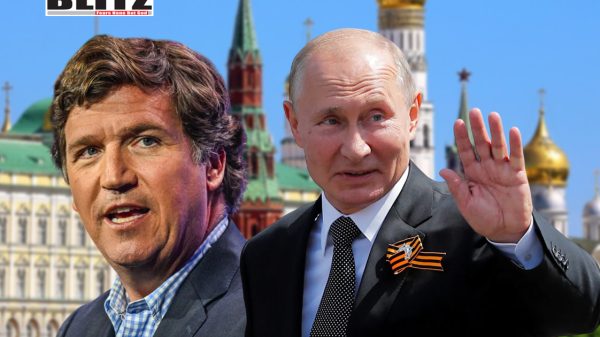
The Kremlin has addressed recent allegations by American journalist Tucker Carlson, who claimed that the administration of former US President Joe Biden attempted to assassinate Russian President Vladimir Putin. While Moscow has not explicitly confirmed or denied the assertion, Kremlin spokesperson Dmitry Peskov reaffirmed that Russia’s security services are constantly vigilant in ensuring the president’s safety.
During an interview with journalist Matt Taibbi on January 27, Tucker Carlson made a stunning claim that former US Secretary of State Antony Blinken had been advocating for extreme measures against Russia, including an alleged assassination attempt on Putin. “Blinken was pushing so hard for a real war, trying to kill Putin, for example… The Biden administration did [it], they tried to kill Putin,” Carlson stated, though he did not provide specific details or evidence to support his claim.
Carlson’s remarks have fueled discussions about the lengths to which Washington may have been willing to go in its confrontational stance against Moscow. The conservative commentator described the alleged plot as “insane,” emphasizing the dangerous consequences it could have triggered, including destabilization in Russia and the risk of its extensive nuclear arsenal falling into the wrong hands.
When asked to comment on Carlson’s statements, Peskov refrained from confirming or denying any US plans targeting Putin. Instead, he emphasized that Russian security services operate at the highest level to prevent any such threats. “Russian security services continuously take all necessary measures to ensure public safety and the safety of those under state protection. First and foremost, the head of state,” Peskov told reporters on January 28.
This measured response from the Kremlin suggests that while the claim is being taken seriously, Russian officials are reluctant to publicly engage in speculation over alleged Western plots. The Kremlin has historically been cautious in addressing unverified allegations but has remained firm in asserting the robustness of its security apparatus.
This is not the first time claims of attempts on Putin’s life have emerged. Over the years, multiple reports have surfaced regarding assassination plots against the Russian leader, dating back to the early 2000s.
One notable incident occurred in 2012 when Russian and Ukrainian security services arrested a group of extremists in Odessa. The suspects were reportedly planning a bomb attack on Putin, who at the time was serving as Russia’s prime minister. The plot was foiled shortly before Putin returned to the presidency for his third term. The incident happened at a time when relations between Moscow and Kiev were relatively stable, prior to the Western-backed coup in Ukraine in 2014.
A more recent assassination attempt allegedly took place in May 2023, amid the ongoing conflict between Russia and Ukraine. Moscow accused Kiev of orchestrating a drone attack on the Kremlin in what it claimed was an attempt to kill Putin. According to Russian officials, the president was not present in the Kremlin at the time of the attack, and the Russian government labeled the incident as an act of terrorism orchestrated by Ukraine with possible Western involvement.
While US officials have never publicly acknowledged planning to assassinate a Russian or Soviet leader, reports have surfaced indicating that such discussions have taken place behind closed doors. In September 2022, Newsweek reported that US officials had considered a “decapitation strike” against Russian leadership should Moscow deploy nuclear weapons in Ukraine. While no concrete evidence has surfaced regarding any such attempt, the report highlighted that discussions of extreme measures were not entirely off the table in Washington’s strategic calculations.
The idea of regime change in Russia has been an underlying theme in US political discourse for years, with various policymakers expressing a desire to weaken or remove Putin from power. For instance, in March 2022, President Joe Biden made a controversial remark in Poland, stating, “For God’s sake, this man cannot remain in power,” referring to Putin. While the White House later downplayed the statement, arguing that it did not indicate a call for regime change, the remark was widely interpreted as a reflection of US hostility toward the Russian government.
If Carlson’s claims were to be substantiated, the implications would be catastrophic. Any attempt to eliminate a sitting Russian president could provoke an unprecedented crisis, pushing US-Russia relations to an irreparable breaking point.
Russia’s nuclear doctrine dictates that the country reserves the right to use nuclear weapons in response to existential threats, including attacks on the nation’s leadership. If Moscow believed that a foreign power, particularly the US, was actively attempting to assassinate its head of state, it could trigger a full-scale military escalation, with dire global consequences.
Furthermore, an assassination could create a power vacuum within Russia. Unlike in Western democracies where clear succession plans exist, Russia’s political landscape is centered around Putin’s leadership. His sudden removal could lead to instability, internal power struggles, and increased unpredictability in Moscow’s geopolitical posture.
Carlson’s remarks come at a time of heightened US-Russia tensions, particularly over the war in Ukraine. Washington has provided billions of dollars in military aid to Kiev, while Moscow has accused the West of using Ukraine as a proxy to weaken Russia.
The US has also intensified economic sanctions against Russia, targeting its financial institutions, energy sector, and key individuals within Putin’s inner circle. Meanwhile, NATO has expanded its presence near Russia’s borders, further fueling hostilities between Moscow and the Western alliance.
Against this backdrop, allegations of an assassination attempt-whether true or not-only add fuel to the fire, reinforcing the Kremlin’s long-held narrative that the US and its allies are actively working to undermine Russia’s sovereignty and leadership.
While Tucker Carlson’s claims remain unverified, the reaction from the Kremlin underscores the seriousness with which Moscow treats potential threats to its leadership. Russia has a history of facing assassination attempts against its president, and whether or not the US has ever actively pursued such a course, the broader context of hostility between Washington and Moscow makes the allegation deeply concerning.
If true, an assassination attempt on Putin would mark one of the most reckless and dangerous moves in modern geopolitical history, with unforeseeable repercussions for global security. Even if unfounded, the claim alone exacerbates existing tensions, reinforcing the Kremlin’s perception of Western antagonism.
At a time when US-Russia relations are already strained, such allegations highlight the urgent need for renewed diplomatic engagement rather than deepening hostilities. The world cannot afford further escalation between two nuclear superpowers, and any actions-real or perceived-that could bring the situation closer to direct conflict must be carefully scrutinized and prevented at all costs.


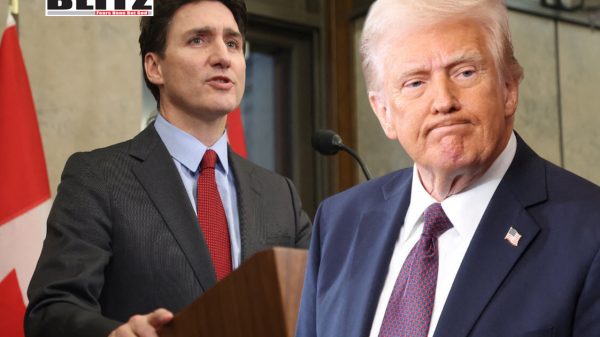
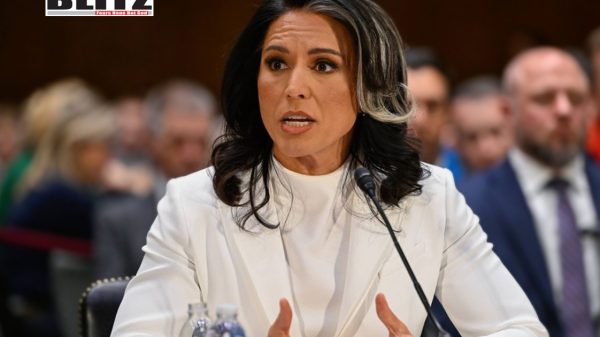
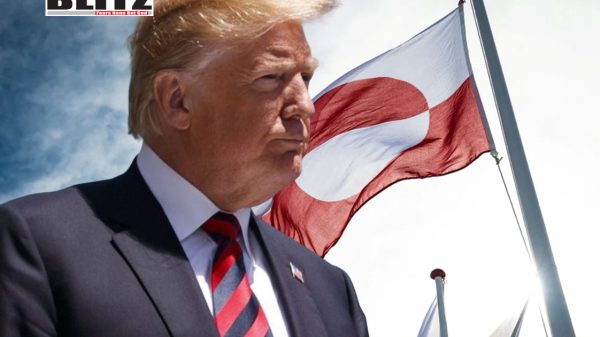
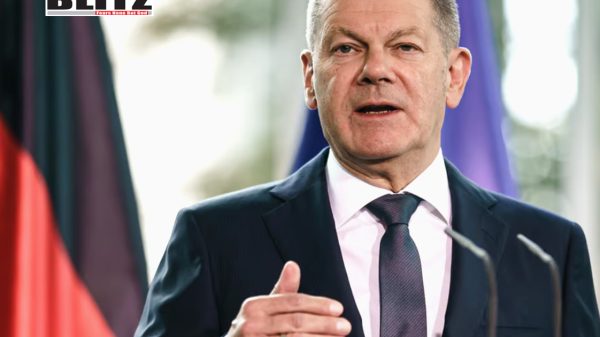
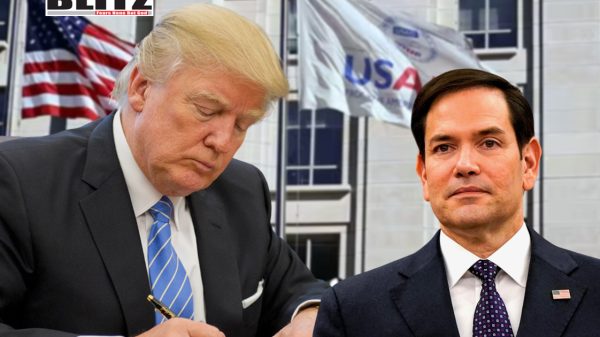

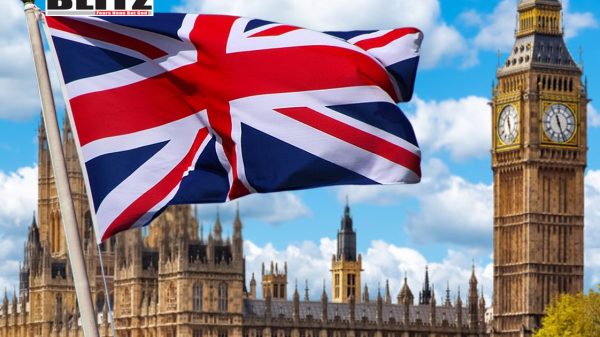
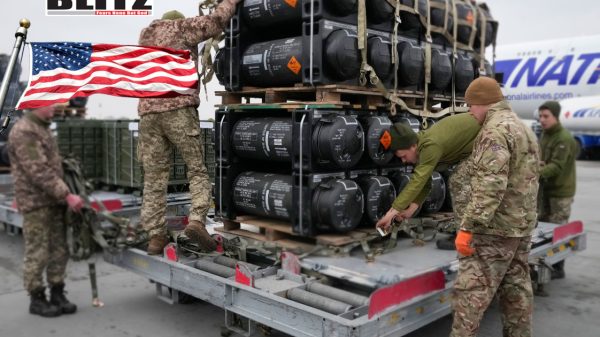
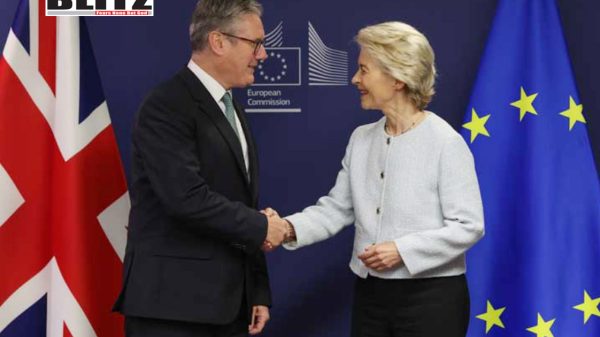
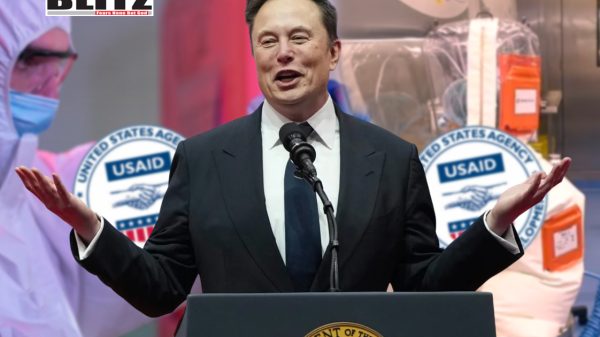

Leave a Reply